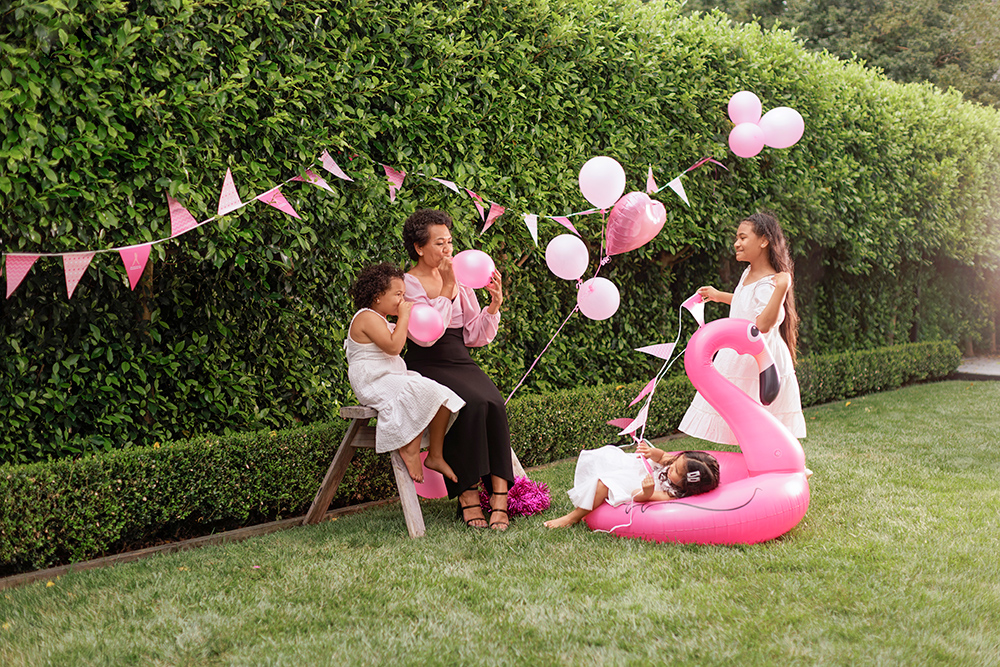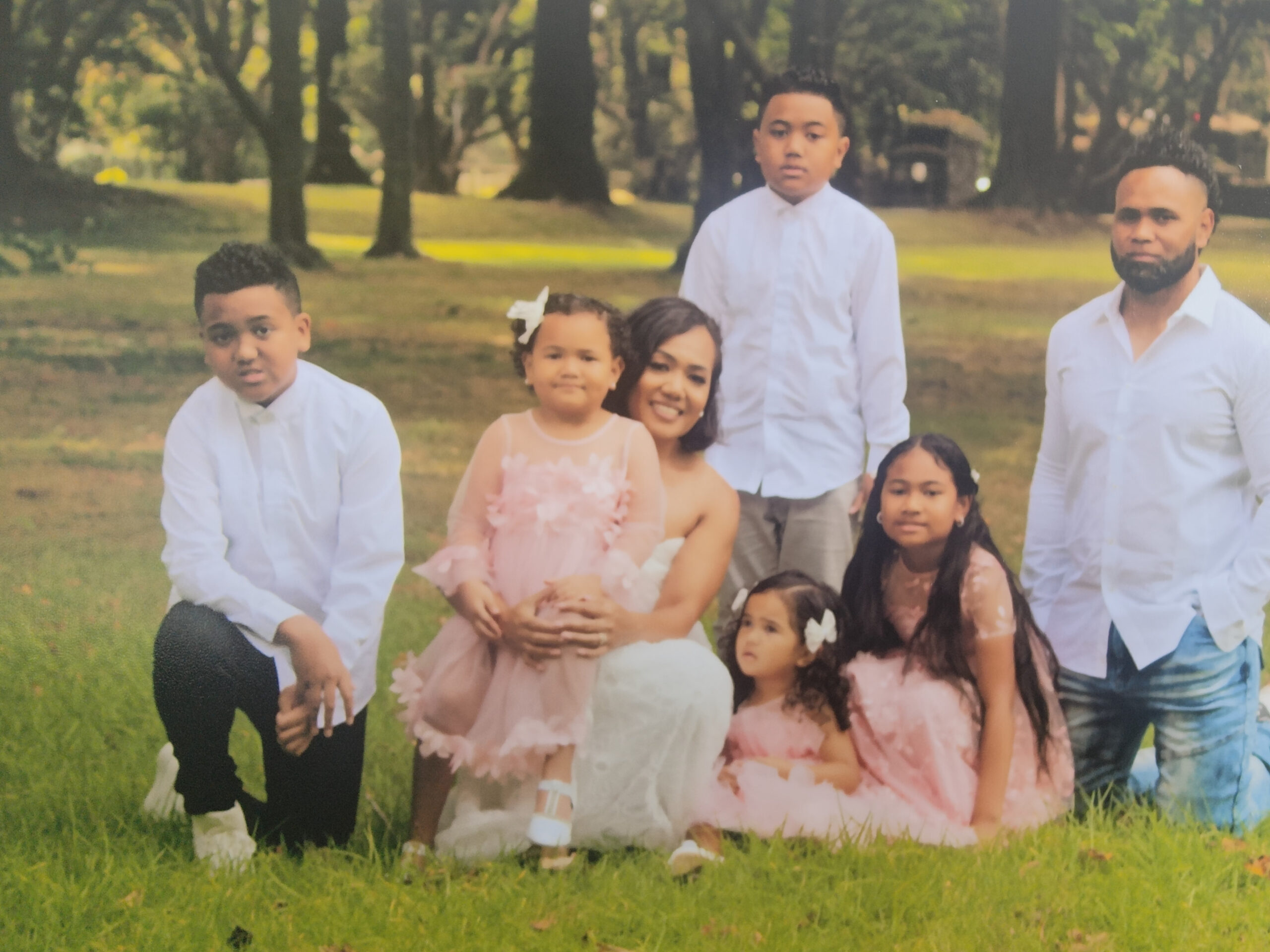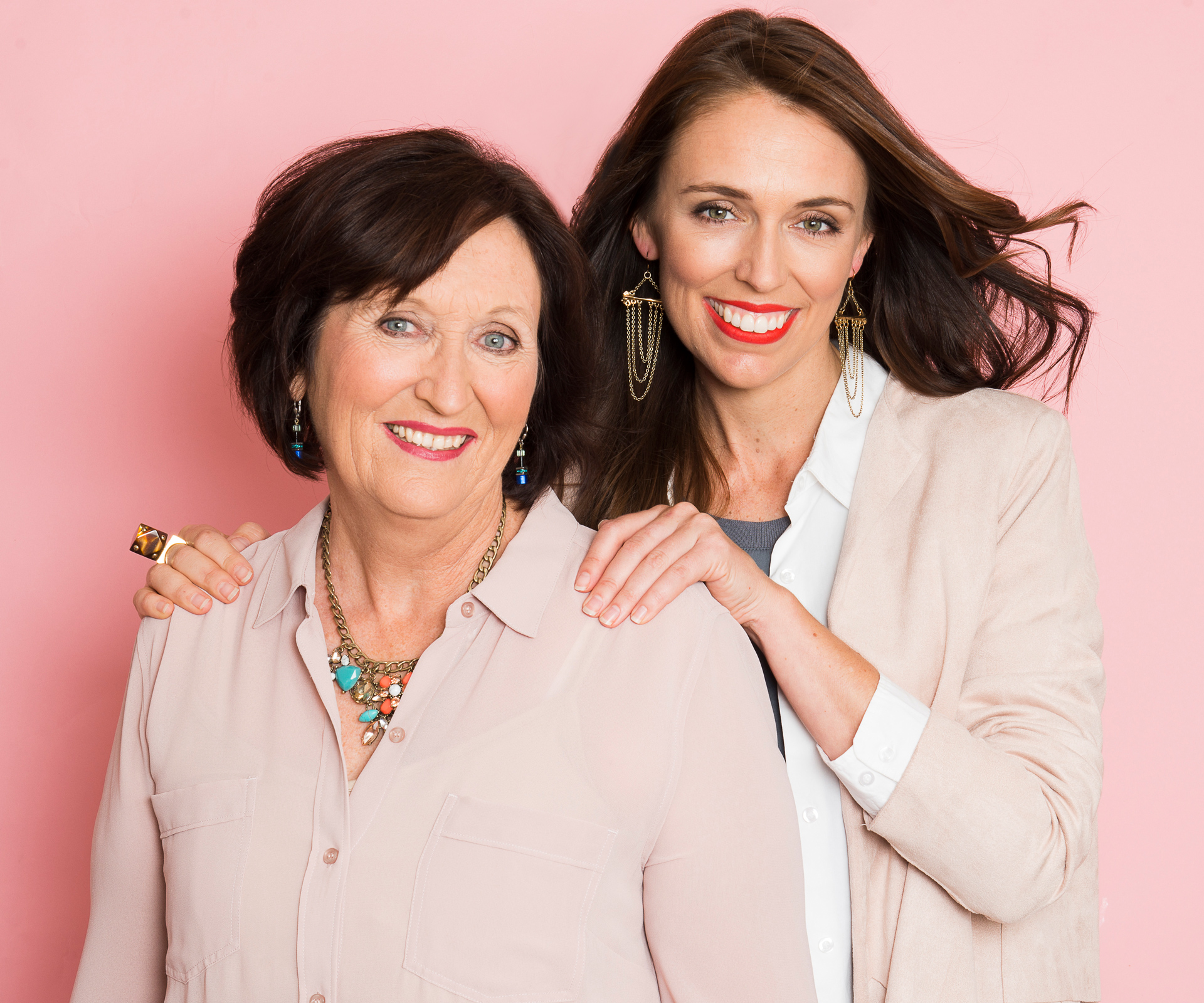The first Ofa Soakai knew that her mum had cancer was when her dad took the family to visit her in hospital post-surgery. It was shocking for the teenager. So when Ofa got cancer at a similar age to her mother, the Aucklander decided to be more open with her five children.
“I think they wanted to protect us,” she reflects. “But I wanted to take a different path and give my children a different experience.
“I still have such strong memories of her being really sick and her hair falling out. It’s heartbreaking that my girls will remember this about me too.
“We sat down with my kids and my husband explained, ‘Mummy’s going to be sick. We’re going to do this together and be strong together.’
He told them my hair was going to fall out and I probably wouldn’t be as active or do things that I would normally do.”

A mother to Ngaluafe, nine, Amelia, six, and Ilaisaane, four, the Mangere resident adds, “Throughout all of this, my constant worry has been for my three daughters.”
Breast cancer isn’t just common in Ofa’s family – it’s rife. Her mum, Malieta, was also in her thirties when she was diagnosed 18 years ago, while Ofa was in high school. Malieta’s twin sister was diagnosed at 36 and has since passed away.
And Ofa, who is now 36, also lost her older sister to breast cancer six years ago.
“Then my first cousin – Mum’s twin sister’s daughter – got breast cancer too, so it wasn’t really a surprise when I was diagnosed around the same time.”

A glam photo shoot before shaving her head.
Ofa knew immediately the hard lump in her breast was likely to be cancer, but she still resisted getting it checked during lockdown until husband Mofini persuaded her.
Medics found cancer in both of her breasts, so Ofa had a double mastectomy.
In January, she started 16 rounds of chemotherapy, followed by three weeks of radiation treatment. Ofa recalls the day she decided to shave her head, when her hair started falling out after treatment.
“We did a little family photo shoot, then came home and my husband shaved my head. My youngest was crying because she wanted to shave her head, saying, ‘I want my hair to be like Mummy’s!'”

A newly shorn Ofa: “You look pretty, Mum!”
Ofa is now on hormone therapy and admits to moments she wants to stop “because I have the early signs of menopause – flushes and an aching body”.
Ofa and Mofini wed in 2009, and have been advised to wait five years before contemplating more children, although the busy mum suspects she has been deterred forever.
“I carry the guilt of being a mum and having daughters – you don’t want to pass on something that you had to your girls.”
She wants genetic testing to find out if her sons – Sione, 12, and Jeremiah, 10 – can pass the gene to the next generation.
“My kids have been very good. I’m grateful for them and my husband.”

Ofa is sharing her story to encourage women to check for lumps and get regular mammograms. She also hopes anyone affected by breast cancer will host a Pink Ribbon Breakfast in May.
“We’re hosting a breakfast because we want to turn something negative into a positive,” she says. “And it’s a way to bring our family together after all we’ve been through.”
Her mum Malieta will be with her and they will take a moment to remember family members they have lost.
And life will continue to get back to normal. Mofini has returned to work as a truck mechanic after a year off to look after the family, as well as resuming his bachelor’s degree in mechanical engineering. Ofa was working full-time in finance before her diagnosis and is now working part-time in their kids’ school’s office.
“It’s something I wanted to do for myself to know that I’m still able to be normal. Things are getting better and we have so much to look forward to.”
How can you help
One in nine Kiwi women is eventually diagnosed with breast cancer. To host a Pink Ribbon Breakfast for them this May, visit pinkribbonbreakfast.co.nz to register.
Money raised goes towards supporting patients, groundbreaking research and education campaigns to promote the importance of early detection.


